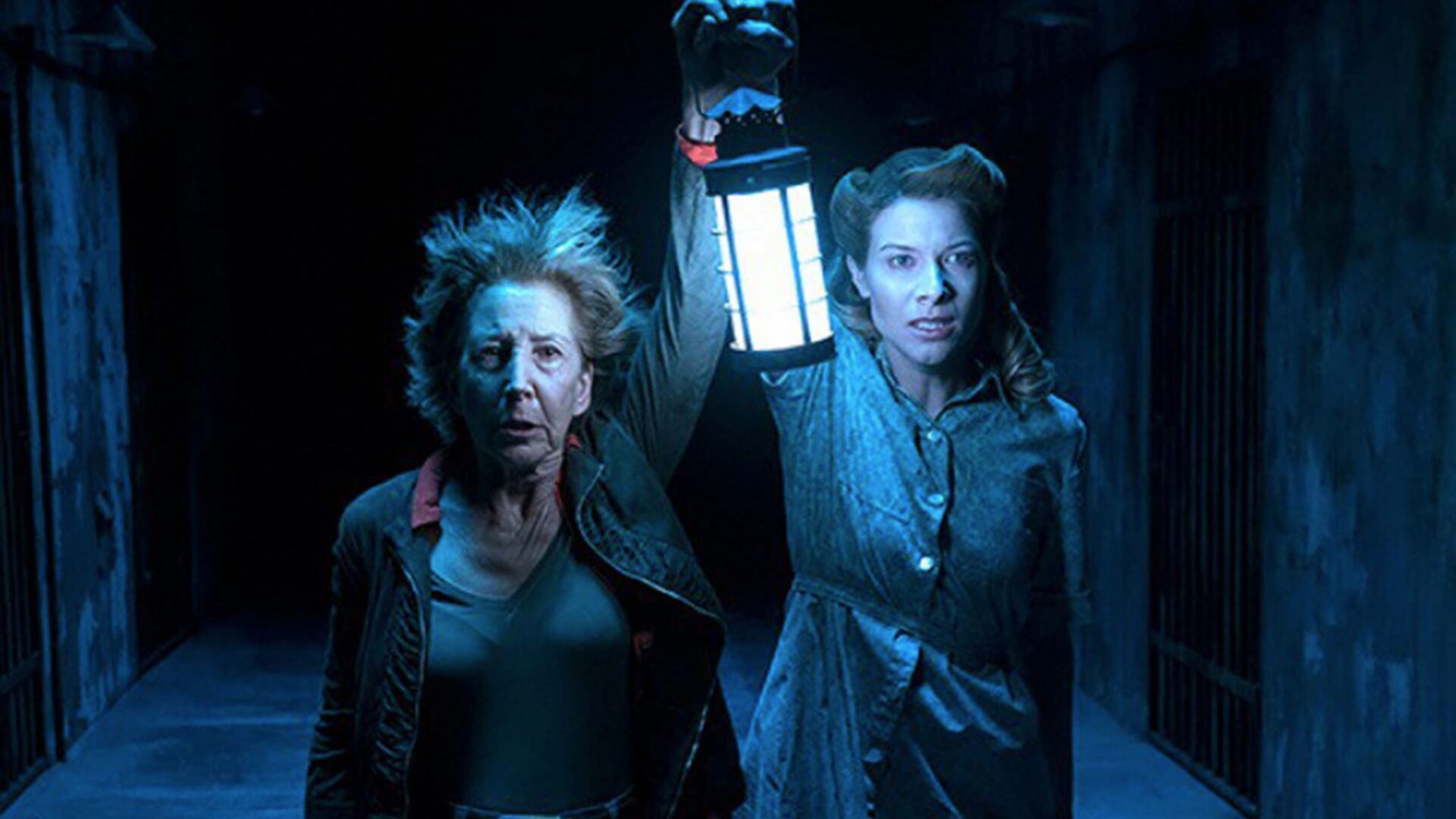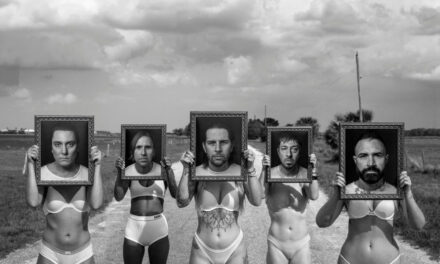Rocky endures as a classic piece of cinema history for a reason. As a testament to the human spirit and the value of perseverance, Sylvester Stallone’s screenplay propelled him to a fame and notoriety that would cause the franchise’s humble beginnings to crumble under the weight of inflated ego and progressively more outlandish scenarios. Meanwhile, though, back in reality, the person Rocky Balboa was based on, Chuck Wegner, struggled to make a name for himself in the world of boxing and clung so dearly to the success of the Balboa mythos that he spiraled into self-destruction. That’s the story that Chuck aims to tell, and outside of Creed there hasn’t been such an apt companion piece to the original Rocky.
The film’s first half plays like a Rocky homage in the most literal sense, often mirroring classic shots and drawing explicit parallels between Chuck Wegner (Liev Schreiber) and the fictional titan that would overshadow him. In a bid to fight for the heavyweight boxing championship against Muhammad Ali, he finds himself vastly outmatched but is just happy to be a part of the fight. In the second half, he discovers Rocky and talks a big game around his New Jersey community to ride off the success of the film clearly inspired by his life. His insecurity and inability to live up to his own self-hype eventually lead to the destruction of his family and social lives.
What makes Chuck stand out as more than just another “based on a true story” Hollywood-adjacent bit of pop culture trivia is that director Philippe Falardeau isn’t so much interested in aggrandizing this man’s lost story as he is in drawing comparison to the idealized form of Rocky Balboa and demonstrating how the character traits that propel the character to greatness in the movies are the very traits that led to the real-life inspiration’s downfall. Chuck is full of New Jersey swagger and is a blatant and flippant womanizer, which works for Rocky in winning over Adrian, but tortures Chuck’s wife Phyliss (Elisabeth Moss, as excellent here as ever) and drives a wedge between him and his daughter. While Rocky’s confidence propels him to fame and eventual victory, Chuck can only ever ride on the coattails of a fictional character, claiming a role in the success of a film that he had no direct connection to the production of. It’s a tragic contrast to the idealized world of rags-to-riches heroism that Hollywood so loves to exemplify, and it puts on display just how the traits we often think of as heroic can be harmful to the people who exhibit them and the people who support them.
It’s unfortunate then that Chuck‘s faults are structural more than anything else. Sometimes cuts feel jarring and suddenly disorienting, particularly when the film decides it wants to jump forward in time and provides little set-up or warning. The biggest sin of Chuck, though, is the titular character’s voiceover narration, which serves as a crutch so that the film can get away with telling the audience key emotional beats rather than showing them. It’s an obnoxious quirk that could have easily been eliminated with a couple more drafts of screenplay or a greater dedication to emotive acting, but as is, it is a blemish on an otherwise deftly insightful film.
Chuck isn’t going to win any Academy Awards, and much like its subject it exists in the shadow of the monumental achievement of the Rocky franchise. But Chuck exists on the other side of a coin, showing the dark reality of Rocky‘s idealized fantasy. That alone is enough reason to pay attention to the tragedy of Chuck Wegner.













